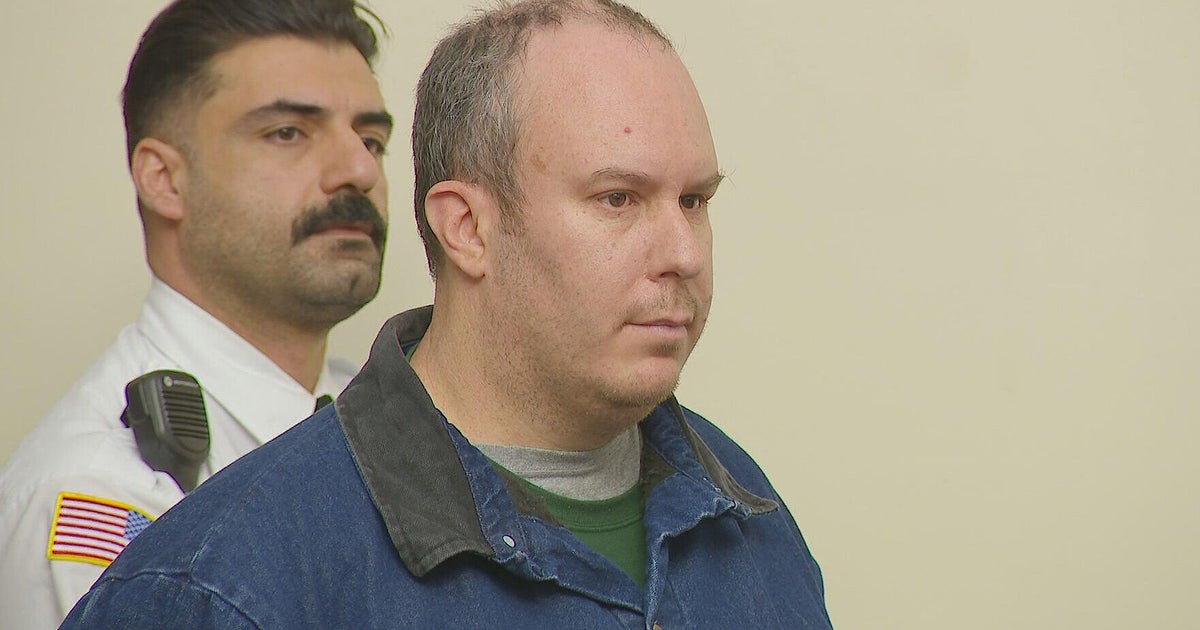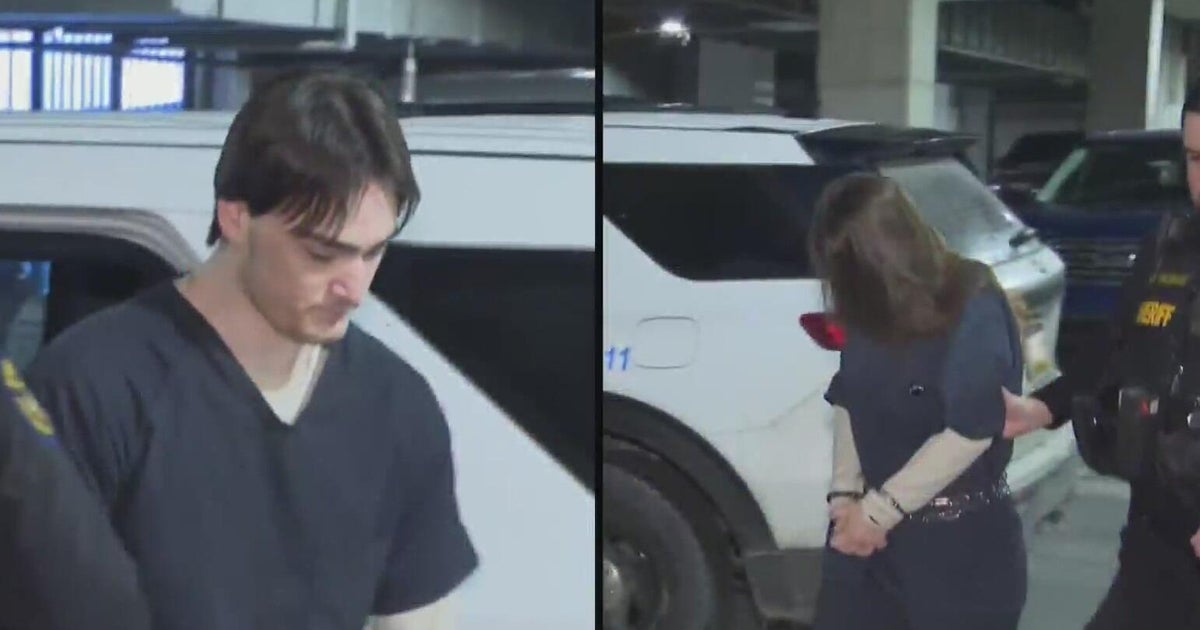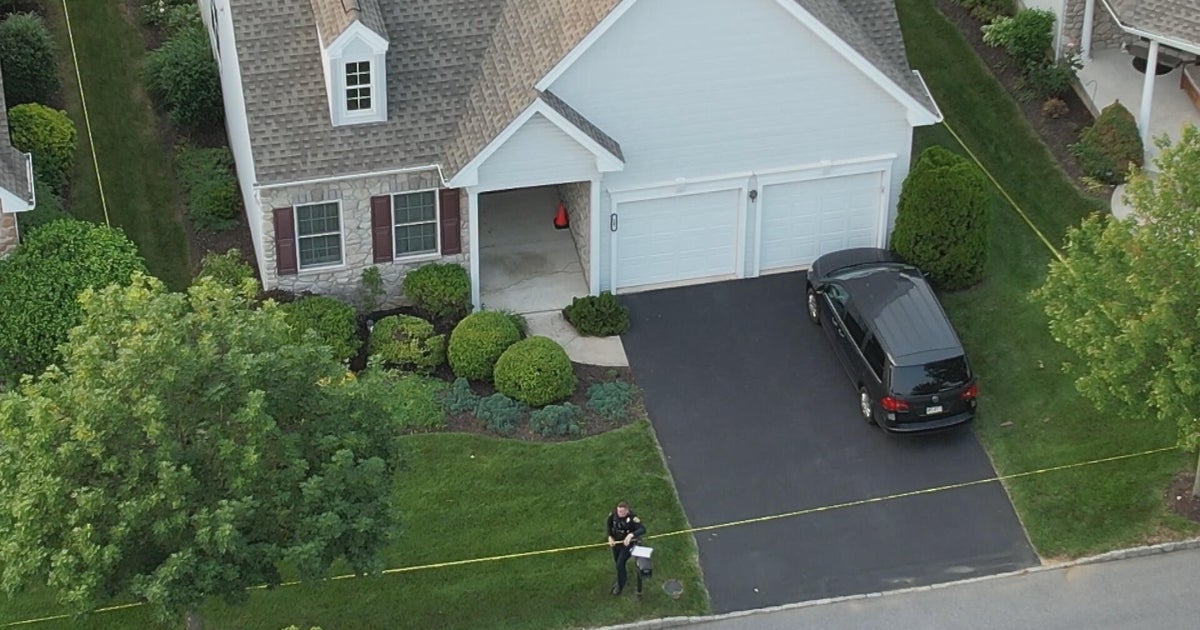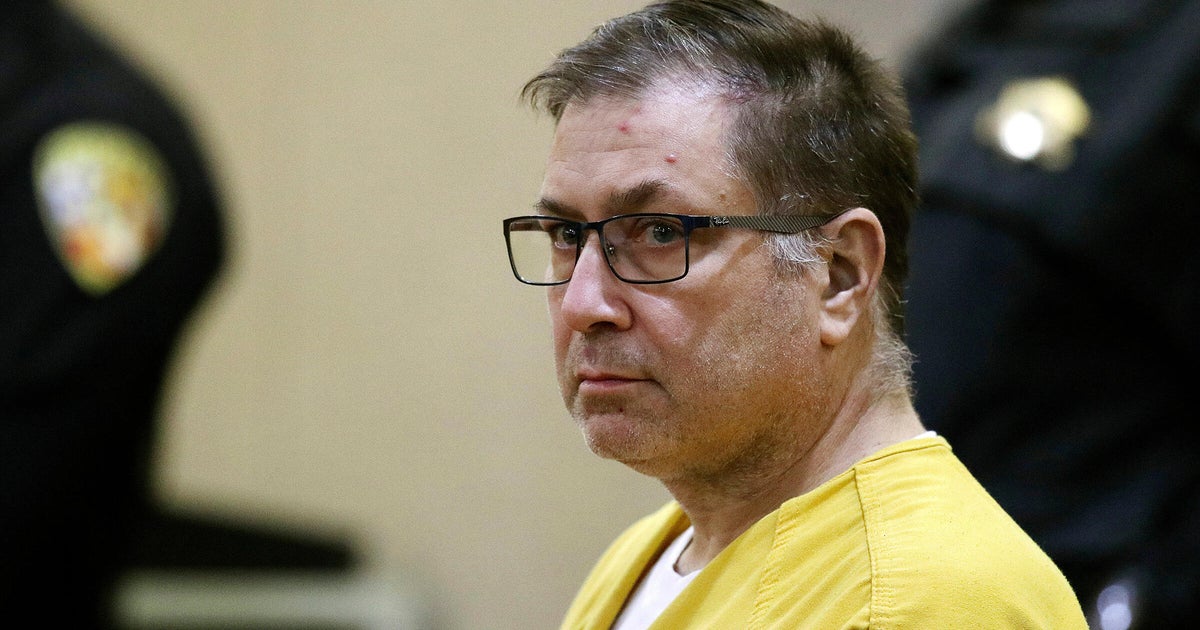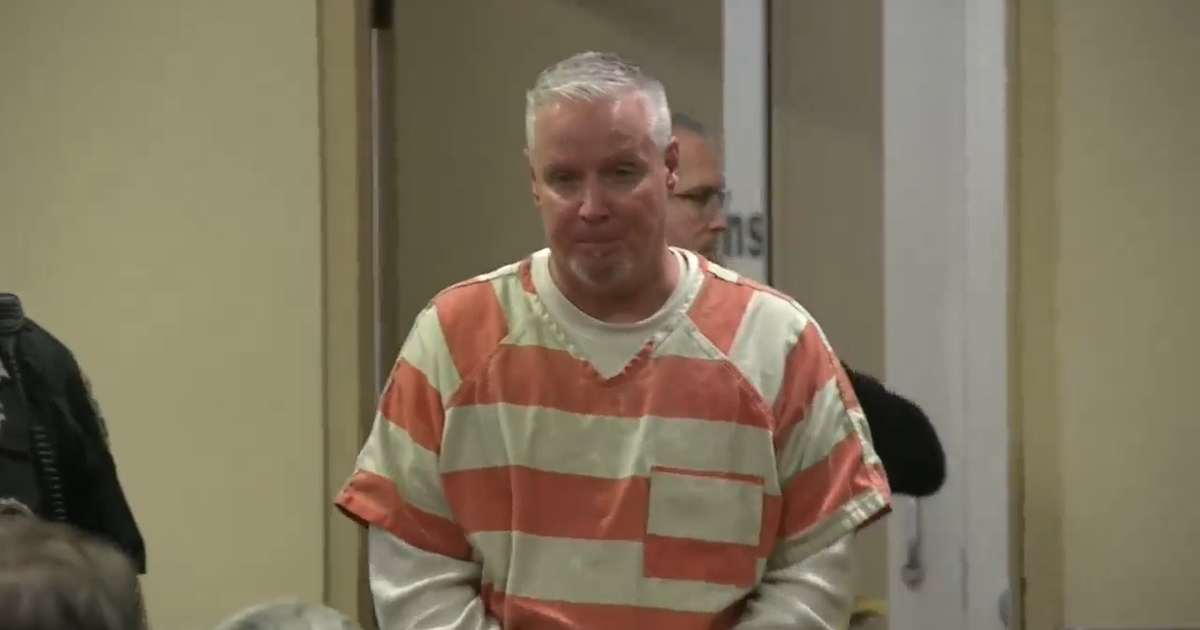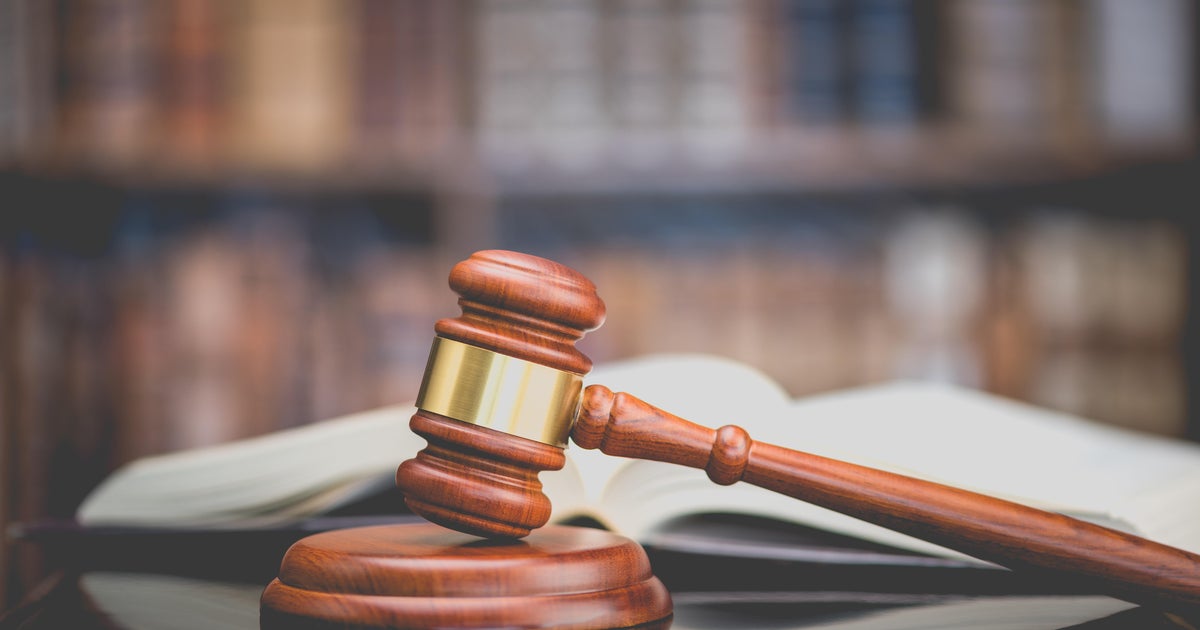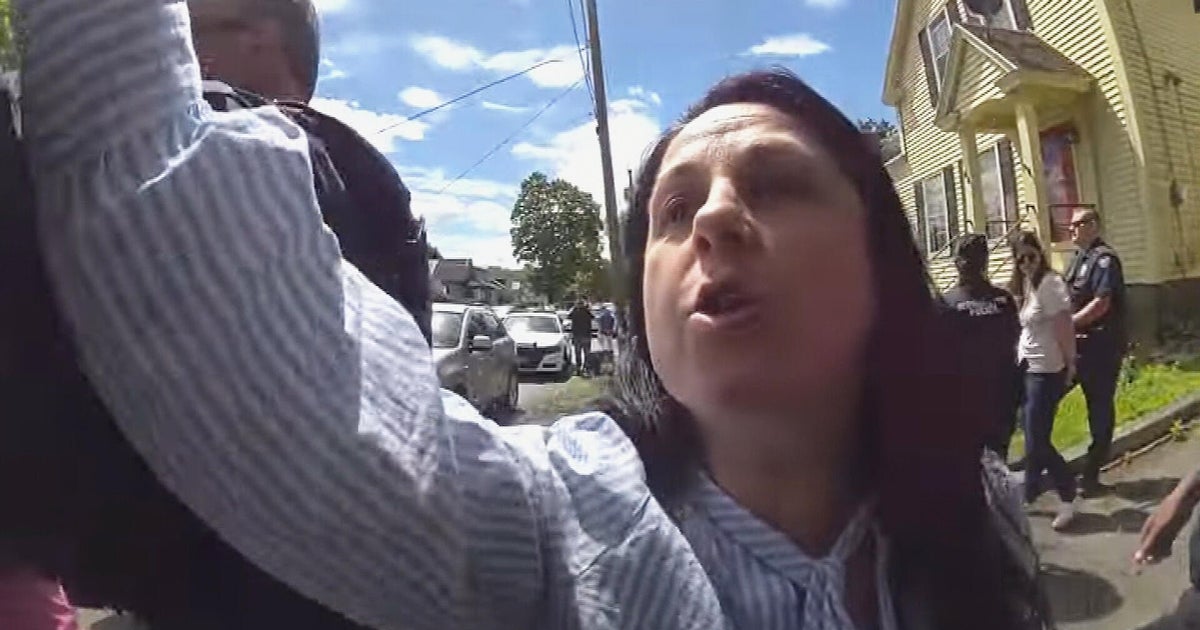Things To Know About Deliberations In The Hernandez Trial
FALL RIVER, Mass. (AP) — Jurors in the murder trial of former New England Patriots player Aaron Hernandez spent nearly 20 hours last week considering whether to convict him of murder.
Hernandez has pleaded not guilty to the June 2013 killing of Odin Lloyd, who was dating the sister of his fiancee. Lloyd was shot six times in an industrial park near Hernandez's home.
During closing arguments, Hernandez's lawyer acknowledged his client witnessed the killing, but he blamed two Hernandez friends and questioned why Hernandez would put his life and career on the line to kill Lloyd. At the time, Hernandez had a $40 million contract with the Patriots.
A prosecutor said Hernandez planned the killing and thought he could get away with it because no one would believe he was involved.
THE JURORS
Twelve people are on the jury: seven women and five men. They deliberate every day from 9 a.m. to 4:30 p.m., although they may go later if they wish. Jurors have sent several notes in the four days of deliberations including multiple questions about the other charges Hernandez faces — illegal possession of a firearm and possession of ammunition. They have not asked any questions about the murder charge. Jurors must come to a unanimous decision on each of the three charges.
___
THE MURDER CHARGE
If jurors find Hernandez guilty of murder, they must decide whether it is first-degree or second-degree murder.
To convict him of first-degree murder, they must find that Hernandez caused Lloyd's death. They must also find at least one of two scenarios: that he did so intentionally and with deliberate premeditation; or, that he did so with extreme atrocity or cruelty, and that he either intended to kill him, cause grave harm to him or intended to do something that he knew would likely cause Lloyd to die. It carries a mandatory sentence of life in prison.
For a second-degree murder conviction, jurors must find that Hernandez caused Lloyd's death, and that he either intended to kill him, cause grave harm to him or intended to do something that he knew would likely cause Lloyd to die. It carries an automatic sentence of life in prison with the possibility of parole after 15 years.
___
THE POSSESSION CHARGES
Hernandez is also charged with unlawful possession of a firearm — the .45-caliber gun police say was used in the killing and has never been found. And he's charged with unlawful possession of .22-caliber ammunition. Police found a box of .22-caliber ammunition in his basement. The firearm charge carries a mandatory minimum sentence of 18 months, with a five-year maximum. The ammunition charge carries no minimum and a two-year maximum.
___
WHAT'S NEXT
Regardless of whether he's convicted or acquitted, Hernandez is not getting out of jail. He faces murder charges in Boston, where he has pleaded not guilty to a 2012 double killing. Prosecutors in that case say he gunned two men down in a drive-by shooting after one of them accidentally bumped Hernandez at a nightclub, spilling his drink. A trial in the Boston case was delayed during the Lloyd trial.
Copyright 2015 The Associated Press. All rights reserved. This material may not be published, broadcast, rewritten or redistributed.
